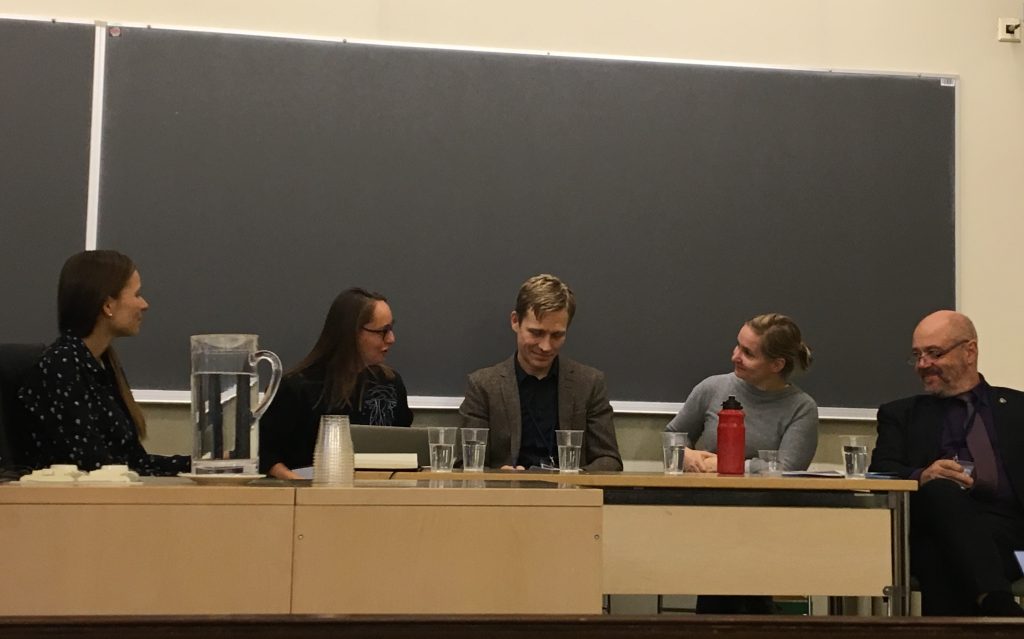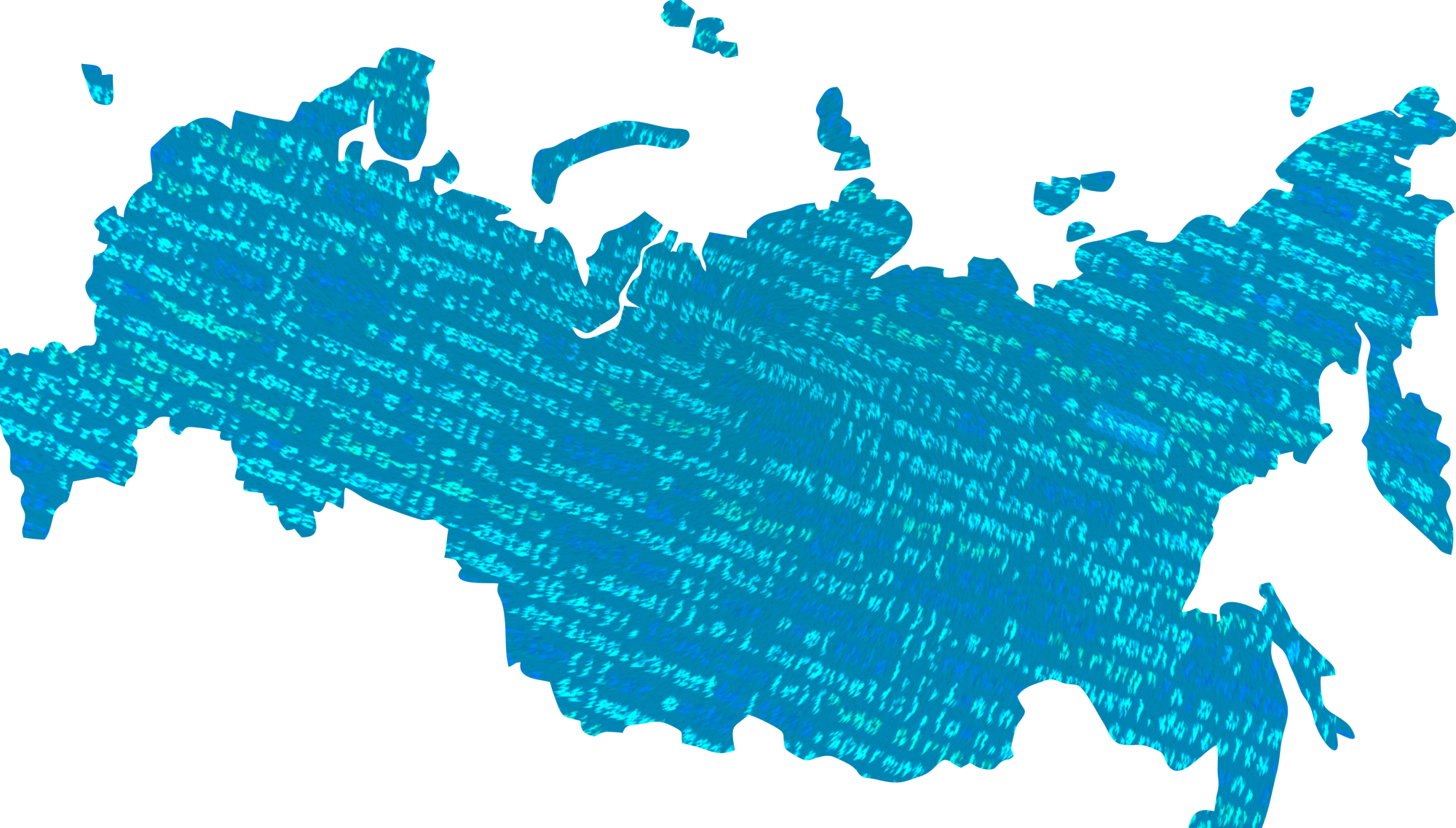As part of Aleksanteri Conference ‘Liberation – Freedom – Democracy? 1918 – 1968- 2018’, on 24 October roundtable on Big Data and Area Studies was chaired by Dr. Daria Gritsenko, the founder of DRS network. Experts from Digital Humanities Dr. Mila Oiva (University of Turku), Dr. Jussi Pakkasvirta (UH), Dr. Ekaterina Kalinina (Södertörn University, Sweden) and M.Soc.Sc Markus Kainu (The Social Insurance Institution of Finland KELA) participated in discussion.
Is big data revolution or evolution?
— It depends on perspective; for whom and for which purposes, says Kainu. Big data is evolution for existing data when moving from micro to macro level. When thinking of methodology, it is also seen as evolution because of qualitative approaches used before. Yet, era of big data can also be generally viewed as revolution. Why? Research data preparations are greatly different from traditional research.
Open science and digitalisation
Participants also brought up some peculiarities of digital humanities research in discussion. Pakkasvirta emphasized that research projects should always be conducted by following principles of open science when possible. For example, Suomi24 forum data project he has been working on is open for free use.
— Supporting digitalisation at transnational level for collaboration projects should take place, comments Oiva. She has been participating in transnational Oceanic Exchange research project with focus on global connectedness of 19th century newspapers. However, the study does not cover, for example, Russian or East European newspapers because only few digitised archive materials are available for research.
Talking about possibilities of big data technologies Kalinina mentioned an interactive crowd-sourced monument project by Yandex, Russian search engine. One of the features of the interactive map created by Yandex is a possibility for the publics to mark the National Yandex map with monuments and other memorial objects. Yandex’ analysts have studied the collected from the users’ data and have noticed several trends that illustrate how people understand cultural heritage sites.
What are challenges of aligning big data and area studies?
— Big data research methodologies could be very helpful, but there is a risk of producing already existing stereotypes, starts Kalinina. That is why it is important to be critical towards to source of data, know your data as well as be ready to employ some “traditional” humanities and social science methodologies. It is important to know where the data is coming from, how companies form their data. It is also important to understand that data collected might not be representative due to digital divides in terms of access to digital technologies and the their uses. Another issue is data regulations and data protection laws that might condition the access we have to data for research purposes.
— Ensuring that talented young researchers will stay at academia instead of moving to private or public sector is essential, adds Kainu. Academia should be interested in employing data experts in order to support digital research and see their merits from another perspective.
— For me, the biggest challenge is yet spreading propaganda, says Pakkasvirta. Source criticism lacks often among adults when they read or share something in the Internet with comparison to children who – surprisingly often – are quite aware of it. Hence, the coverage of propaganda in big data can be surprising.
What is the future of area studies in the digital era?
Kalinina wonders whether the use of big data methodologies and big data might lead to the emergence of studies ever more focused on transnational issues given the availability of such data.
—We will always have the context of history of each region, concludes Oiva.


